Losses
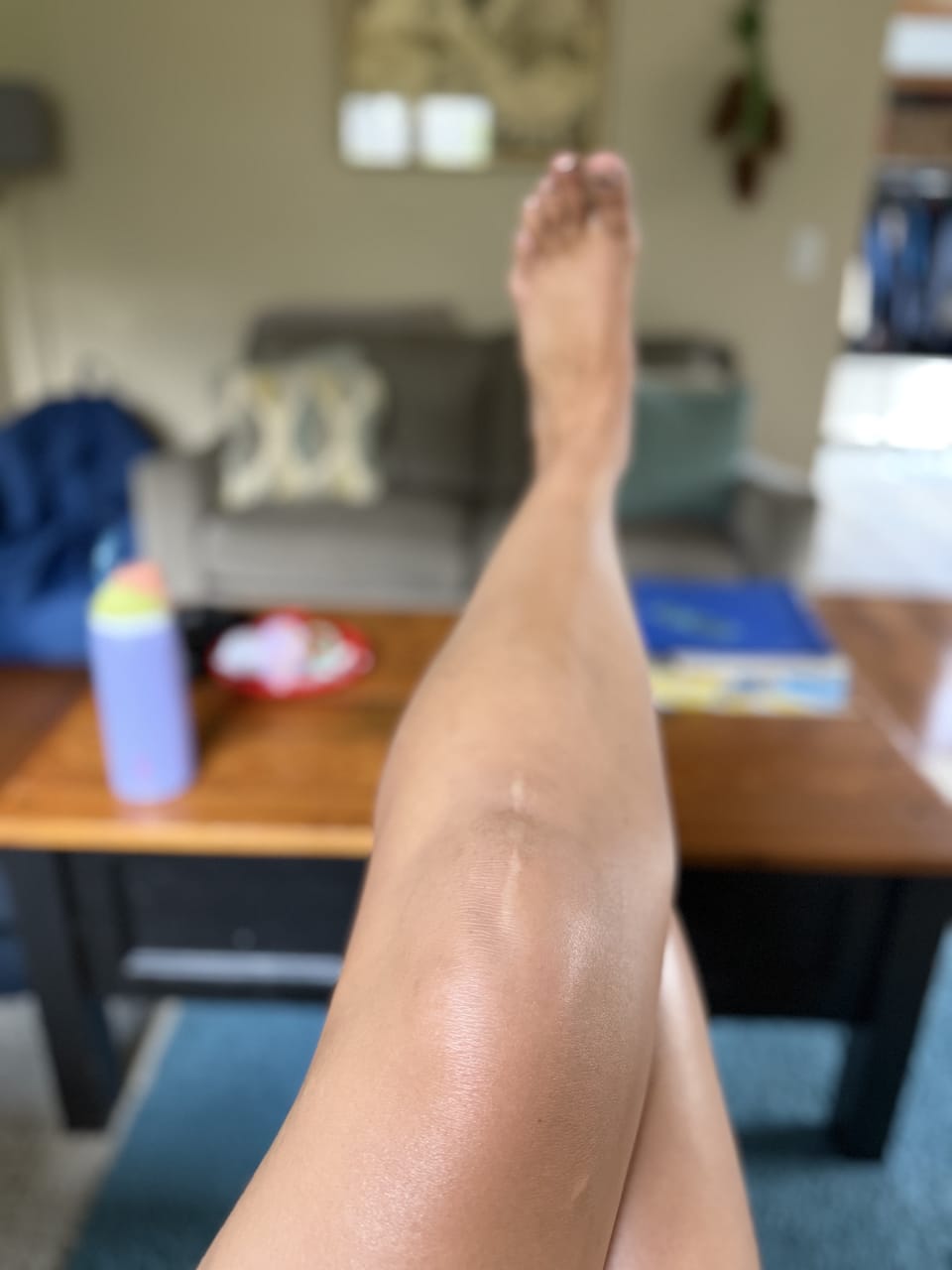
I’m currently sitting here icing my knee. An old injury is coming back to haunt me. I tore my ACL and meniscus playing soccer when I was 17, and now the running and squatting I’ve been doing in the intervening years have done their damage. I keep writing and talking about it, and probably the people closest to me who have to keep hearing about it are sick of this injury. I don’t know. Maybe.
But it has felt like a loss, this injury. And it’s becoming clearer that running’s removal affects not only my present life but my future as well. Running has been a habit in one way or another since I was a teenager. The feeling of freedom that comes from running is difficult to replicate through other sports or activities, even if my top speed is an order of magnitude slower than it was back in the day.
The loss of running is also a lot of little losses: loss of alone time with no one bothering me, loss of a mode of quick and efficient calorie burn, the sense of loss I feel when I drive by a favorite running path, stuff like that. But the larger loss is that my go-to coping mechanism is gone. I always feel better after a dose of good brain chemicals and had come to rely on that form of release in dealing with problems. Now I need to actually be mentally healthy and process issues, rather than going for a run and feeling better enough about everything that I could let go of whatever upset me. Running has long been a big band-aid when what I’ve needed is stitches. Or a cast.
But time comes for us all, right? A clock started on my knee’s ability to run long distances as soon as I tore it in high school. If we’re so lucky to live long enough to notice our bodies deteriorating, we can count our blessings that we’re not also experiencing the deterioration of our minds.
An old friend passed away a few weeks ago. I hadn’t seen him since his wedding, right after college, but I have no doubt that it would’ve felt like no time had passed if I had run into him. He got sick and died suddenly. It was a shock to everyone. Not only was he young, but he was youthful. He was fun. He was happy. I knew him since we were 6, and very few of my memories involve him being upset. Focused? Sure. Passionate? Definitely. But angry? Nope. He was an exceptional person, I bet he was a great dad, and he didn’t get to experience a slow deterioration.
To compare the losses is ridiculous. They don’t belong in the same essay, yet here I am, feeling both things at the same time. Losing Josh feels too big to wrap my head around. I don’t want to deal with it yet. Losing running feels like a bunch of small losses I can obsess over to distract myself. These are manageable, recognizable feelings, not the huge, scary, soul-crushing feelings of losing a friend I’d lost touch with.
And the cheesy version of this essay ends with me feeling grateful that I get to experience aging, that I can use Josh’s passing to put some new perspective on how I experience this pain and life change, but Jesus Christ, that just cheapens all of it. I’m sick of positive spins. Josh shouldn’t have died, and it sucks that he did. And I hate that I can’t go running right now to process these feelings. I hate it. I’m not going to grateful-wave these feelings away to end on a happy note.
I think I finally understand what it means to “feel your feelings” and why it’s important. These losses - the big, the small, the monumental - they can take pieces of you if you ignore them. And with practice, it can get easy to move past the losses without actually feeling them. To pretend they don’t bother you. To act easy-going or too grown-up or stoic. To just push down or let go of the memories rather than moving through them and accepting that this is a new part of life now.
I’ll get a cortisone shot for my knee, and gradually that pain will fade. Josh will stay gone, but gradually that pain will fade too. Time and rest will do their work. I often want to get through the pain so quickly that I forget that pain is an indicator. Pain is a message. Pain tells us when something is wrong, and to ignore it prolongs inevitable change. The pain of loss feels different than physical pain, for sure, but a loss, at its root, is a change. Something, someone, that used to be there, that used to occupy a space of importance in your life, is no longer there.
Dealing with change is the only consistency of life, since we all exist in time and never stay in the same moment longer than the moment can last. I’m trying out thinking of loss as just another form of change, another source of information, not to lessen its blow, not to shield myself from dealing with feelings, but to attempt to normalize the experience. If it’s normal, I can handle it. If it’s common, I don’t need to fear it.
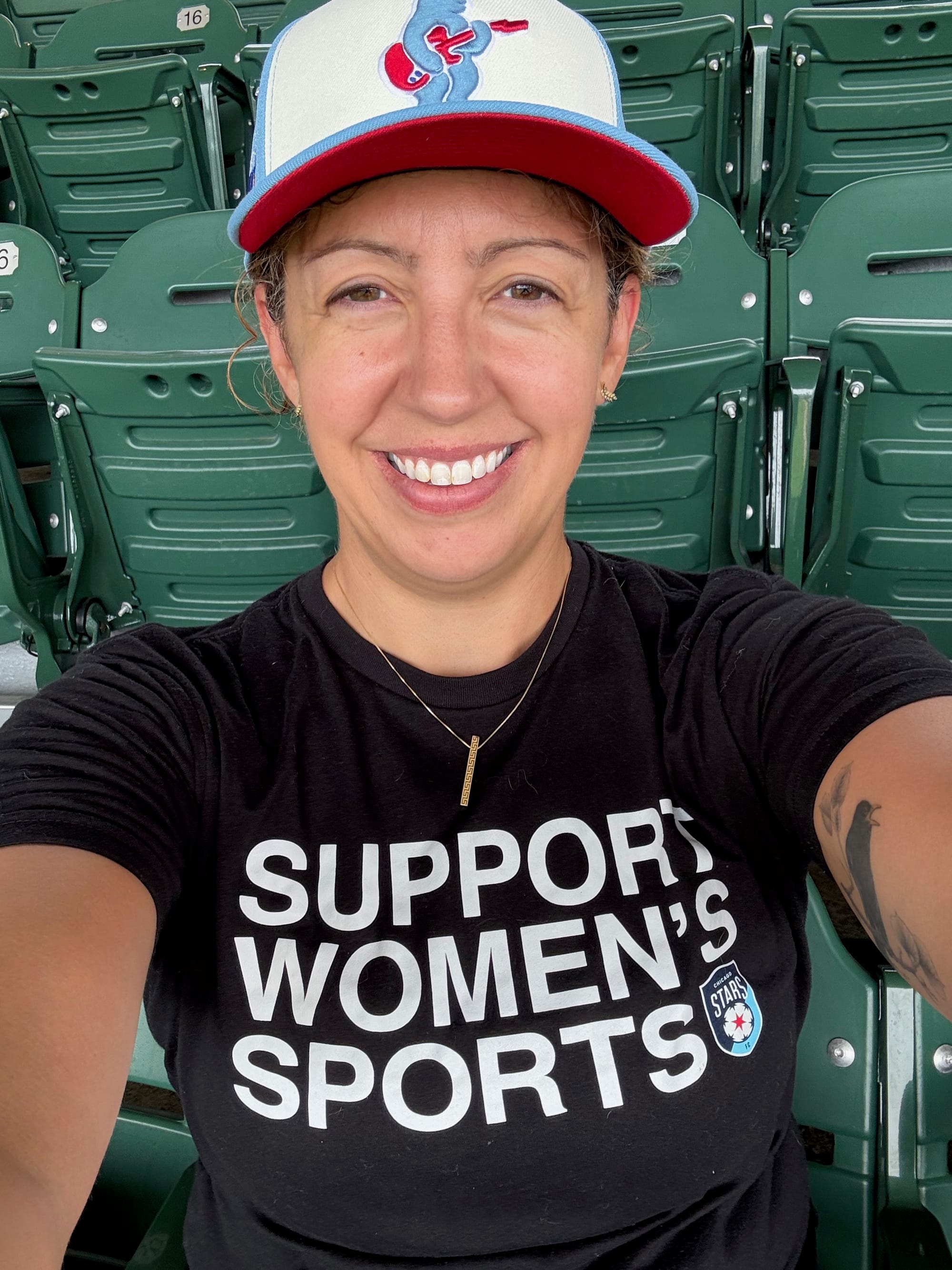

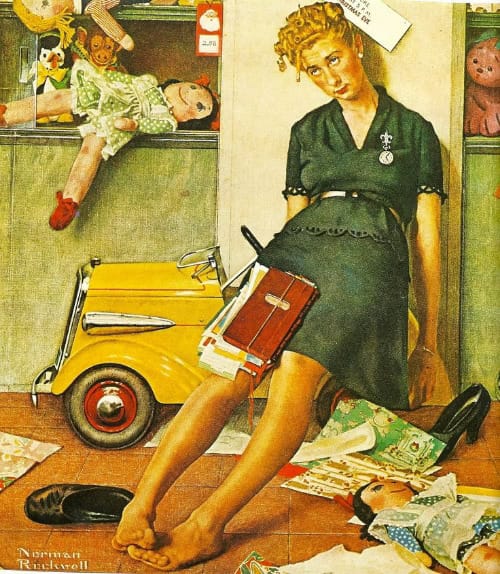
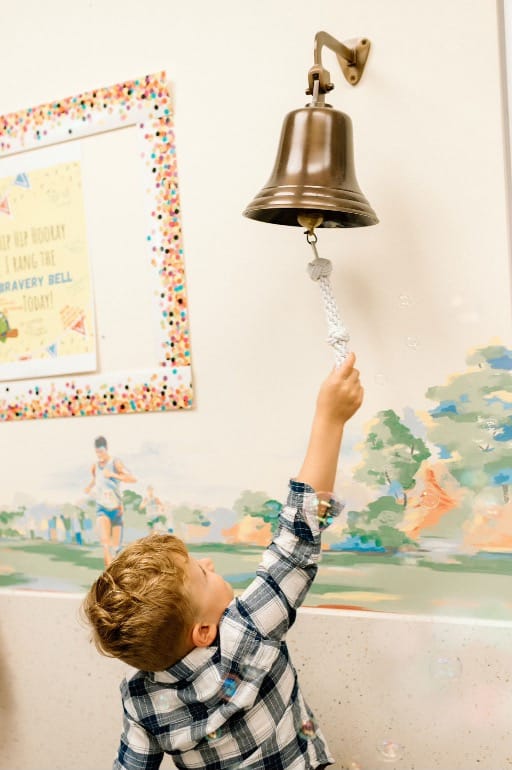
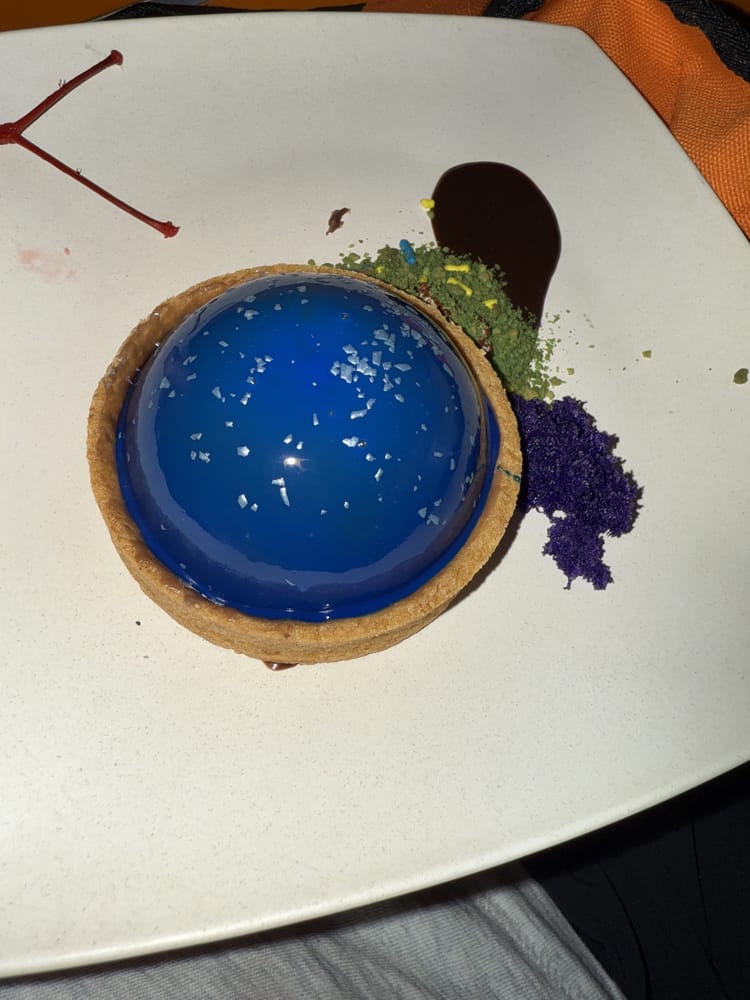
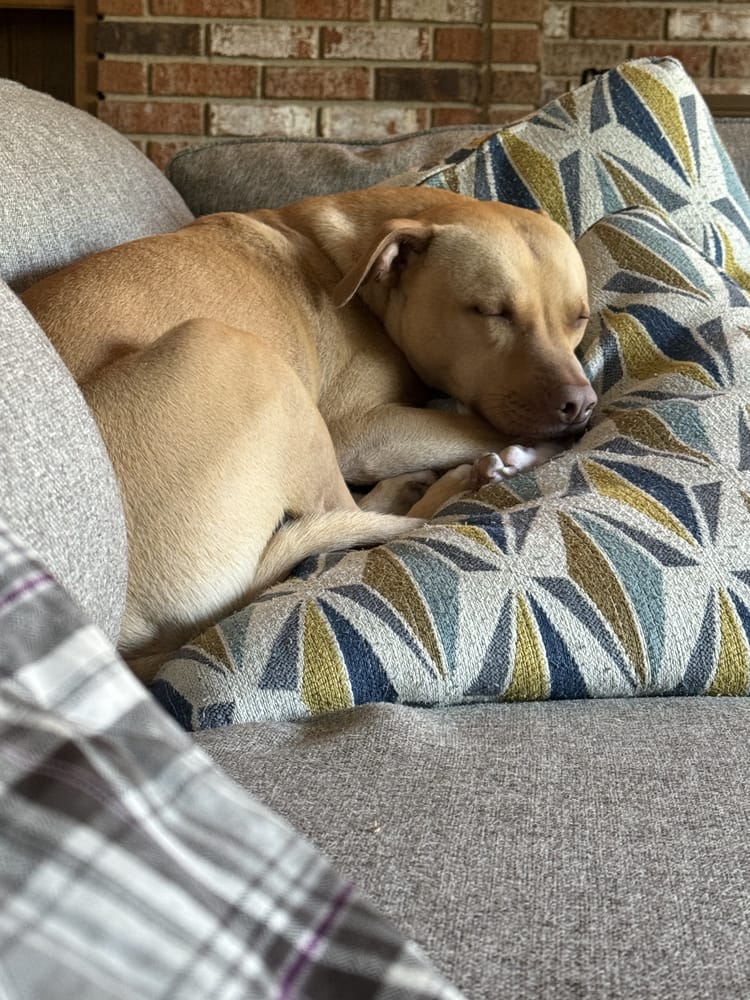
Member discussion